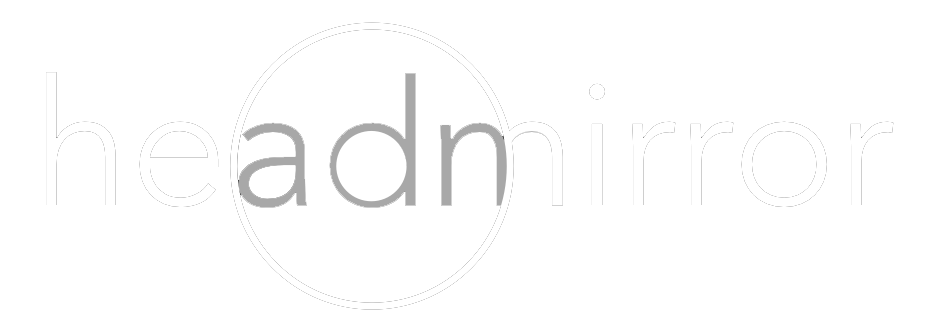JULY 26, 2007
It's that calm before the storm. Med school orientation starts in 18 days. I have a place to live and a bed to sleep in. I'm about as organized as I am going to be before the madness begins. I'm in a city at least hours away from mostly everyone from my regular social group. Which gives me a lot of time to do absolutely nothing. My time hasn't been this unoccupied in years and its given me a lot of time to reflect.
Medicine is one of the most paradoxical professions out there. Medical school self-selects for individuals who ooze empathy, a desire to do good and help others. That empathy is subsequently systematically destroyed under the notion that it is only by being objectively detached from those one treats that you can decide what is best for them. I keep wondering what kind of doctor I'm going to be. Am I going to be the type who will be able to look into the eyes of a patient and explain we've done all that we can but they will die and be able to connect on a level that I can actually continue to make a difference in their care beyond the point of drugs and tests? Or will I be the type to switch into a systematic "I'm sorry" routine, give the hands two squirts of sanitizer on the way out the door, then drop the chart into its wall mount and move on to "patient #2 is presenting with..." Only time will tell.
I think most medical school students still, despite all our hours of clinical experience, ER shadowing, and hospital volunteering, hold a great deal of naïtivity and delusions of grandeur about being a physician. And I think thats a good thing. Medicine is an issue of ultimate trust between patient and doctor. Doctors take ownership of their patients' bodies, and patients are oddly at ease with it. Just today at physical therapy, I referred to my shoulder as my orthopedic surgeon's "good work." Not my shoulder repaired by my orthopedic surgeon. My shoulder, property of my orthopedic surgeon. His sutures will dissolve in a few months. The anchoring screws in a few more. But it will ever be his handiwork. In a perhaps overly dramatic statement, if it weren't for him, a part of me would be broken, and now its fixed.
I think with that sort of responsibility the physician owes more to the patient then to be completely detached. And I think starting down the path to the doctor-I'm -going-to-be that its good to have some of those childhood visions about being a doctor, riding off on his horse into the sick and diseased and waving his staff of asclepius in the face of death (I know, I had a dorky childhood). Because I think too many doctors these days treat the disease and not the person. But I've seen enough physicians who are exceptions, who treat their patients kindly, humanely, empathetically, and intelligently, to know that it doesn't have to be like that. I know my medical school class can be 120 for 120 in producing empathetic, caring doctors. Odds are it will be much lower then that, because the culture of medicine is structured to beat that childhood pipe dream out of you - to emotionally protect you, to "make you a better doctor." But I think you need to have that childhood doctor-in-shining-armor inside you in the beginning, because you never know how long it will stick around or when it might pop up again. It might be at the end of a 48 hour shift when I'm an intern. It might be 7 years later as an attending. But the important thing is, you might just find yourself treating people again, instead of "patient #2 presenting with..."
I wonder what kind of doctor I'm going to be. I hope I'm one who treats sick people and not sickness.
And turn out looking like McDreamy. With the wit of Perry Cox. Yeah, that'll do just fine. But mainly the sick people part.
"Because it is particularly in cases of catastrophic or incurable illnesses that the role of the physician is more, not less, important, let me suggest that the fewer the therapeutic options available, the greater your involvement with the patient should be. When there is no cure, there is still much to be done to alleviate suffering."
